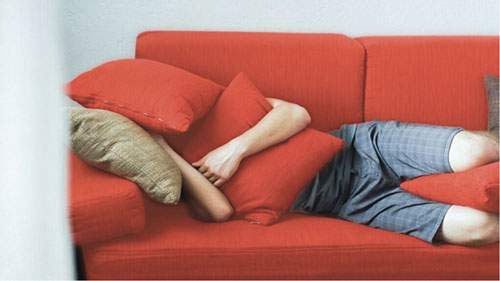A recent study investigated how quickly people can bounce back from sleep deprivation.
Following 10 days of sleep deprivation and 1 week of recovery sleep, most measures of cognitive per-formance had not yet returned to normal.
The study authors conclude that catch-up sleep is not an efficient way to counteract sleep restriction.
It is common knowledge that sleep is essential for health. This is true for virtually all living creature-sTrusted Source. However, new research suggests that the ability to readily “catch up” on lost sleep later is more myth than fact.
Investigators at Jagiellonian University in Kraków, Poland, carefully examined changes in functioning associated with sleep loss among adults. Their re-sults appear in the journal PLOS ONETrusted Source.
Participants spent 10 days experiencing partial sleep deprivation, getting about one-third less sleep than usual. This was followed by a full week of recovery.
The researchers’ findings suggest that sleep depriva-tion takes a lingering toll on functionality. Deficits in people’s ability to think clearly tended to accu-mulate as “partial sleep restriction” progressed.
The participants did not easily recover from these sleep deficits — not even after extra “make-up” sleep on subsequent days.
The amount of sleep that people need varies widely. On average, however, adults require at least 7 hoursTrusted Source every day to maintain peak functionality.
Dr. Stephanie M. Stahl is an assistant professor of clinical medicine and clinical neurology at the Indi-ana University School of Medicine in Indianapolis.
Dr. Stahl, who was not involved in the research, specializes in sleep medicine. In an interview with Medical News Today, she commented on the impor-tance of this and similar studies.










